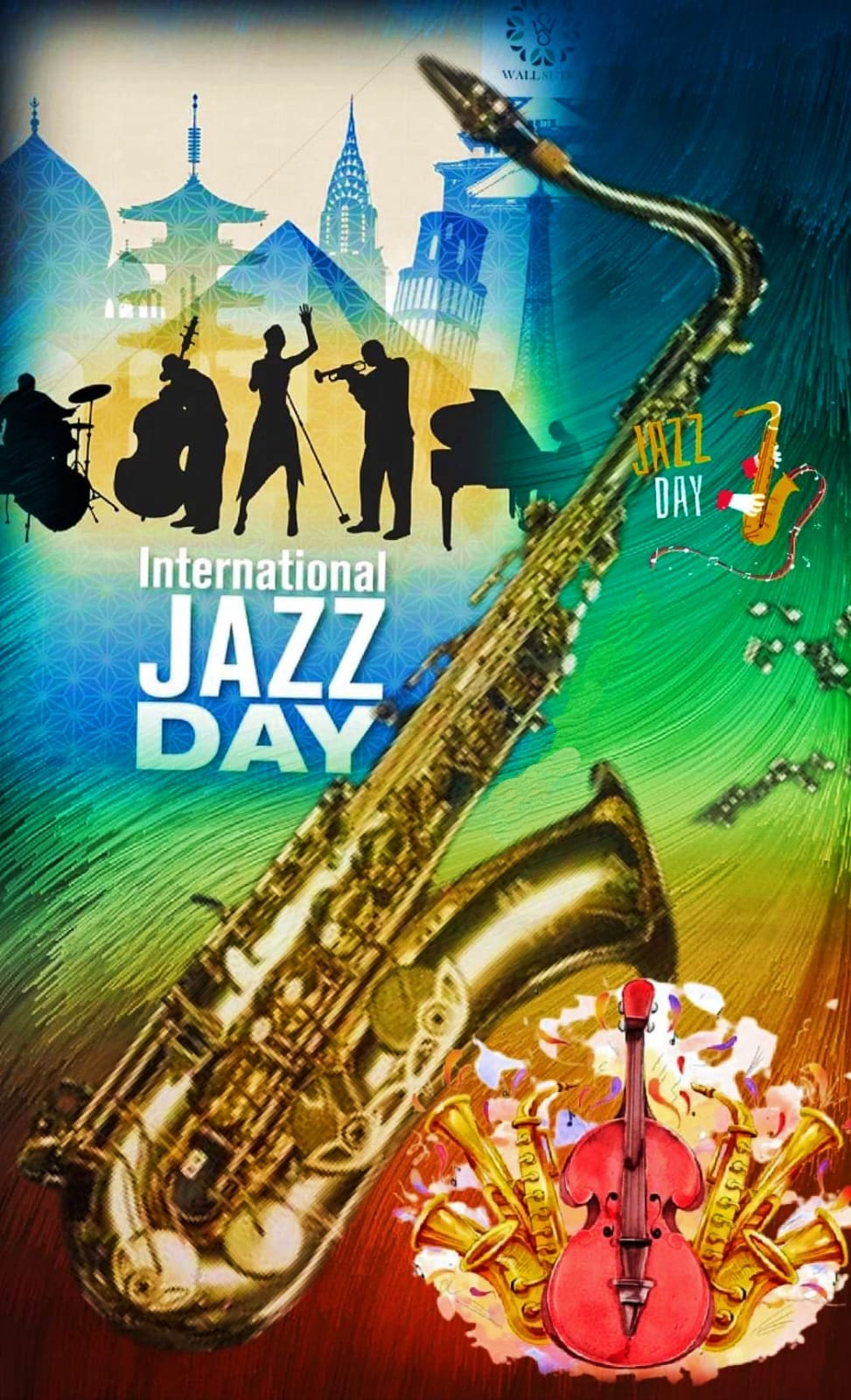Dedicated to promoting the importance of jazz worldwide
 Jay Sur
Jay Sur

Jazz is a musical style that covers both composition and performance and is defined primarily by spontaneity and improvisation. It is an undisputedly American style, but draws influences from many different types of music and as a result can be somewhat difficult to truly define, at least in terms of core elements and components. There are many variations on the original jazz, which emerged in the American south in the late 1800s and was initially played predominantly by African Americans.
Most traditional musical styles follow certain fixed structural influence or have melodic strains that are logical and, at least to musical scholars, can be expected or anticipated. In this sense, music is sort of like cooking; recipes can be widely different, but in most cases ingredients are blended together in the same way every time, and certain techniques, while possibly more complex than others, are still logical and grounded. This is one of the most important ways in which jazz is distinctive.
Its popularity grew across the globe during the 20th century, and today jazz has become one of the most celebrated art forms worldwide, with its practitioners considered among the most gifted musicians across the globe.
International Jazz Day was first introduced by UNESCO Director-General, Irina Bokova, and jazz pianist and composer, Herbie Hancock, in 2011 during the UNESCO General Conference, and it is now celebrated in over 190 countries around the world.
The day is an opportunity to recognize and celebrate the positive impact that jazz music has had on the social consciousness of people all around the globe. Jazz has helped bringing people together, fostering peace, dialogue and mutual understanding among peoples of diverse cultures, beliefs and backgrounds. Jazz was seen as a symbol of hope, a powerful tool for fostering peace, dialogue and mutual understanding among peoples of different cultures, beliefs and backgrounds.
The day is marked with concerts, educational workshops, exhibition, and events in various parts around the world.
From the music of Dizzy Gillespie, Miles Davis and John Coltrane, through to more contemporary performers like Wynton Marsalis, Robert Glasper and Esperanza Spalding, jazz has been used to express feelings and emotions.
International Jazz Day provides a platform for jazz musicians around the world to showcase their talents and share their music with audiences across different parts of the globe.
Jazz music has played an essential role in shaping social, cultural and political movements, and its practitioners have helped to break down social and cultural barriers, bringing people from different parts of the world together.
The celebration of International Jazz Day is a testament to the importance of jazz music as a cultural asset that has the power to change lives, foster dialogue, and promote mutual understanding among peoples of different cultures, beliefs, and backgrounds.


